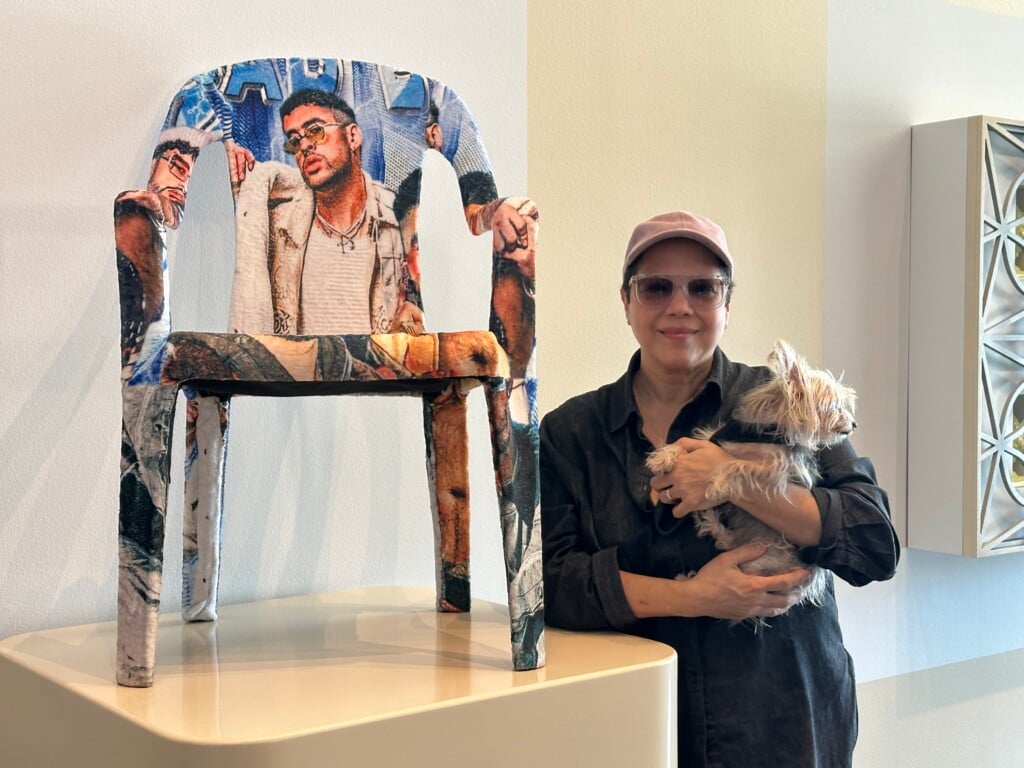Federal authorities put Richard Moseley, another payday loan kingpin in the Kansas City area, under arrest
Kansas City’s Richard Moseley Sr. made his initial appearance in federal court in Kansas City, Missouri, on Wednesday after a New York grand jury indicted him for running an allegedly illegal payday loan business.
Moseley is the third local figure in the payday loan business to find himself under arrest; federal agents separately apprehended Scott Tucker and Timothy Muir in Kansas City, Kansas, on similar charges. (See separate story here.)
A grand jury indictment unsealed on Wednesday accuses Moseley of running a series of payday lending business that misrepresented themselves to regulators as offshore operations, that evaded limits on how much short-term lenders can charge in interest rates and that made unauthorized withdrawals from consumers bank accounts.
The indictment reflects earlier reporting by The Pitch on Moseley’s enterprises.
Moseley ran payday lending businesses under the names SSM Group, CMG Group, DJR Group and Hydra Financial. Like Tucker’s operations, Moseley’s businesses have for years been under the scrutiny of consumer protection regulators, investigating possible exploitation of consumers. Moseley’s business wasn’t as vast as Tuckers — the grand jury says Moseley’s business exploited 620,000 people, compared to the 4.5 million consumers alleged in Tucker’s case.
But Moseley’s companies, if the grand jury charges are to be believed, were as usurious as Tucker’s operations; the indictment claims that consumers often faced loan repayment interest rates reaching 700 percent.
Moreover, the indictment says that Moseley obtained enough personal information from potential consumers that Moseley’s businesses would actually deposit a “loan” into their bank accounts without their permission, and then later extract interest and principal payments without permission.
Moseley, according to the indictment, fended off complaints by regulators by saying the businesses were run out of New Zealand and Nevis, a Caribbean island, when in fact the companies operated in Kansas City. The indictment says Moseley lied to his own attorneys about where and how his companies operated.
Moseley’s companies made $161 million in revenues, $27 million of which he and his son kept for themselves to fund vacation homes in Colorado, Mexico’s Playa Del Carmen, several high-end automobiles and membership dues to various country clubs, according to the indictment.




